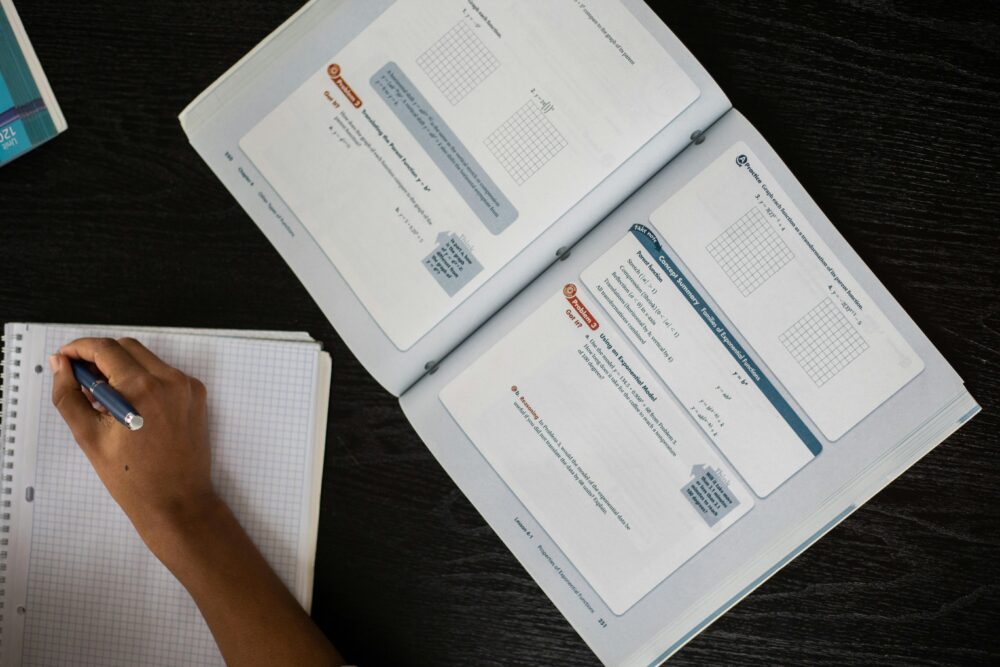Response to the DOE’s Announced Grading Policy for the 2019-20 School Year
Kim Sweet, Executive Director of Advocates for Children of New York (AFC), issued the following statement in response to the New York City Department of Education (DOE)’s announced grading policy for the 2019-20 school year.

While there is no perfect way to document the academic performance of students living in the epicenter of a pandemic, the grading policy announced today is disappointing in its failure to rethink our usual way of doing things in light of the unprecedented long-term closure of City schools. We are deeply concerned about the impact this policy will have on students who—through no fault of their own—have been unable to engage in remote learning. Thousands of students have had to wait weeks to receive a remote learning device from the DOE; they should not be punished for falling behind simply because their family cannot afford a computer, high-speed internet access, or the other resources necessary to rapidly transition to online schooling.
The students whose academic records will reflect that they “need improvement” and who will be unable to earn course credit this semester will be those who are already marginalized and whose families are already being hit hardest by COVID-19: students whose parents are not proficient in the English language or who have low digital literacy; students who are living in homeless shelters or overcrowded apartments and lack a quiet spot to study; students whose days are now spent caring for younger siblings or ill family members; and students who are not receiving the same special education supports and services they typically receive at school.
The DOE must develop an intensive support structure and a long-term plan to ensure that all students who are struggling with remote learning can catch up. Receipt of such supports must recognize the uniquely challenging circumstances facing so many of our students and must not rely on remote learning over the summer when many students have fallen behind precisely because they are struggling to access remote instruction in the first place. The DOE must allow high school students to complete work from this school year at least until the end of the 2020-21 school year and must also allow students who are aging out of school this year to return for another year, rather than lose their chance to earn a high school diploma.
We stand ready to work with the DOE and City Hall to ensure that students and families receive the support they need during this difficult time and that the response to the pandemic does not further magnify existing disparities.


